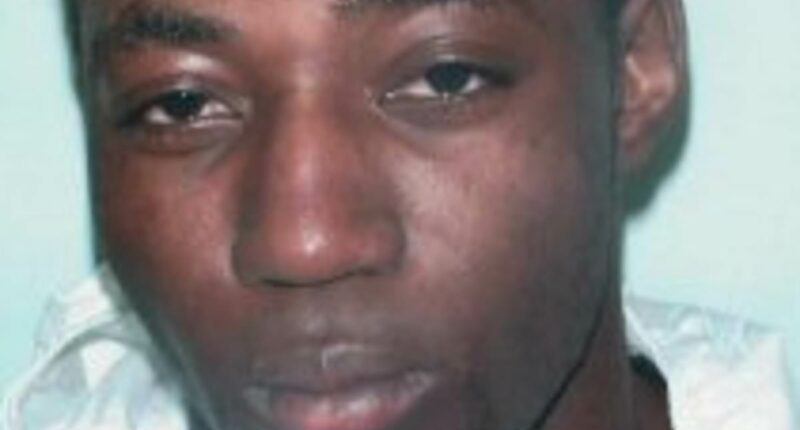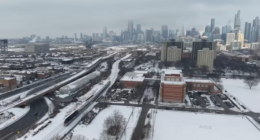Share this @internewscast.com
A gangster, deemed ‘sadistic,’ who was sentenced to life imprisonment, is arguing that his deportation to Rwanda would violate his human rights, according to revelations in the Court of Appeal.
Sofian Majera, associated with a notorious London gang, engaged in violent crimes involving firearms, knives, and baseball bats to abduct individuals from the streets.
The gang targeted victims based on racial and homophobic prejudice, threatening them with extreme violence, including threats of shooting, throat-slitting, eye-gouging, or being set on fire.
Majera’s long-standing appeal against his deportation to Rwanda, his birthplace, has come to the fore amid government initiatives to expedite the deportation of foreign offenders, as highlighted by The Times.
At the sentencing in Wood Green Crown Court, Judge Witold Pawlak condemned the gang’s actions, describing them as driven by a ‘sadistic and gratuitous’ inclination toward violence.
The judge further commented that the gang treated their victims as though they were mere characters in a video game, devoid of any real-life consequence.
The gang’s ‘continued presence in this country is a real threat to the public’, the judge added.
At the time, police called the gang ‘one of the most violent street robbery gangs to operate within London in the last five years’.

Sofian Majera (pictured) was part of a notorious gang in London that used guns, knives and baseball bats to kidnap victims from the street.

One of the firearms recovered from the gang that would pick their victims based on racial hatred and homophobia

Robert Lincoln (pictured left) and Peter Frota (pictured right), who were also part of the London gang were jailed for lifealongside Majera

Peter Frota’s older brother Luis Frota (pictured) was given a four-and-a half year sentence for his part
Majera, who was the oldest member of a gang, was jailed for life and recommended for deportation in 2006.
But his sentence was later reduced to an indefinite period of imprisonment for public protection.
His claim for asylum was rejected.
He arrived in London with his mother and sisters, aged 14 or 15, from Rwanda in 1997, the Court of Appeal was told.
Majera’s exact age is not known, as his mother gave differing birth dates.
Shortly before the robberies in November and December 2005, Majera was granted indefinite leave to remain in the UK despite previously being jailed four times.
In 2012, Theresa May, who was home secretary at the time, ordered Majera’s deportation.
His appeal was dismissed by two immigration tribunals before his release from prison in 2015.
He continued his challenge against deportation and won a Supreme Court ruling in 2021 against a restriction that stopped him from working in the UK.
But a year later, an immigration judge revoked the deportation order in the first-tier tribunal.
It was ruled there were ‘very compelling circumstances’ and that a return to Rwanda would breach his human rights.
However, in May last, the ruling blocking his deportation was overturned by an upper tribunal and then by an immigration appeal tribunal.
The case has now been taken to the Court of Appeal in London.
Majera is currently living in shared Home Office accommodation in Leicester. He receives benefits of £38.50 per week.
As part of his appeal, he has emphasised his lack of offending since he was released from prison.
He also highlighted the seven-year delay in considering his application to revoke the deportation order in 2022.
The possible harm caused to him and his family if he returns to Rwanda has also been argued.
Majera has claimed that he witnessed the murder of his father and the ‘extreme violence’ of the 1994 Rwanda genocide.
The ‘significant’ impact on Majera’s mental health and the risk of post-traumatic stress disorder if he is returned to Rwanda has been raised by psychologist.
Representing the home secretary, Tom Tabori, told the Court of Appeal: “Public interest in deportation does not rest only on the individual’s reoffending risk, but also on the general deterrent effect and the wider public concern.”
The hearing continues before Lord Justice Bean, Lady Justice King and Lord Justice Warby, who have reserved their judgment to a future date.

















